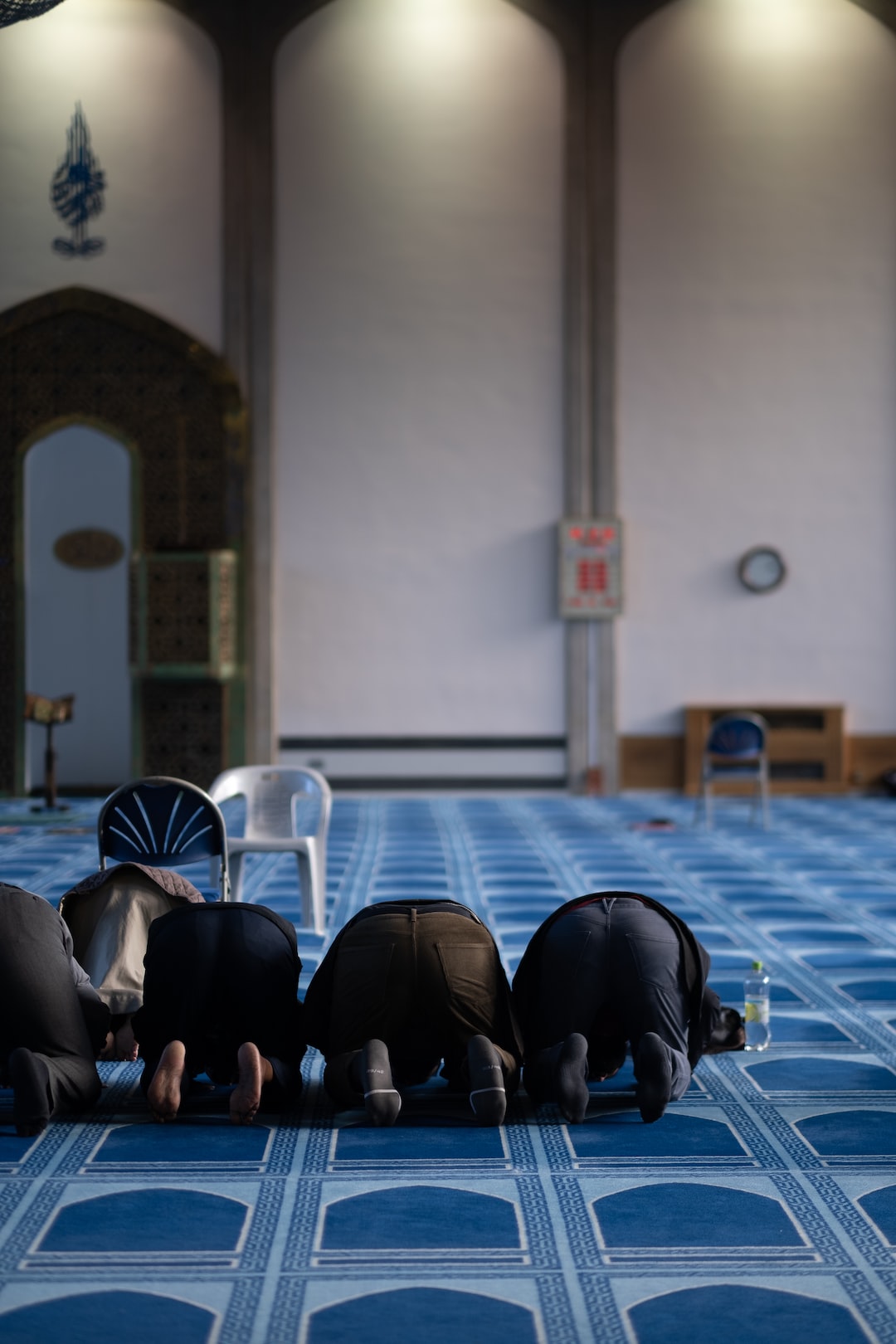Human beings have always had a deep need for spirituality and religious beliefs. Religion, at its core, is about finding meaning and purpose in life. One of the most important aspects of religion is the religious ritual. These are defined as symbolic actions, often with deep meaning or significance, that are performed within a religious context. The role of religious ritual in building and sustaining a sense of community is paramount, and many believe it to be the centerpiece of religious experience.
Religious rituals have several functions that contribute to the sense of community within the religious group. Firstly, they often help to reinforce the fundamental beliefs and values that connect members of the group. Rituals, such as prayer or meditation, can be deeply personal experiences that reaffirm a person’s connection to their religion and community. They are also ways for people to collectively express their beliefs through shared action, creating a sense of unity among members.
Another key function of religious ritual is the way in which it provides structure and order within a religious community. These rituals often create a sense of continuity and tradition, as members perform the same actions and participate in the same customs and ceremonies that previous generations have done. This serves to connect people to their shared past and can create a sense of belonging and security for members.
Religious rituals can also be powerful tools for building social connections and relationships within a community. Many rituals involve group activities, such as communal prayer or singing, which help to foster a sense of togetherness and shared purpose. These experiences can be particularly beneficial for those who may feel socially isolated or disconnected, offering them an opportunity to connect with others in a meaningful way.
Furthermore, religious rituals often provide a sense of emotional support for members. They can provide a space for individuals to express their fears, grief, and hopes, and to seek comfort and guidance from others who share their religious beliefs. This can be particularly important during times of crisis or challenge, when people may need extra support to cope with the difficulties they are facing.
In conclusion, the connection between religious ritual and community is profound and deeply meaningful. Religious rituals serve a variety of functions, from reinforcing beliefs and values, to providing structure and order, to creating social connections and emotional support. While each ritual may differ in its form and meaning, they all contribute to a sense of belonging and shared purpose within a religious community. By participating in these shared experiences, people can find meaning, support, and a sense of connection that is essential to their spiritual and emotional well-being.

